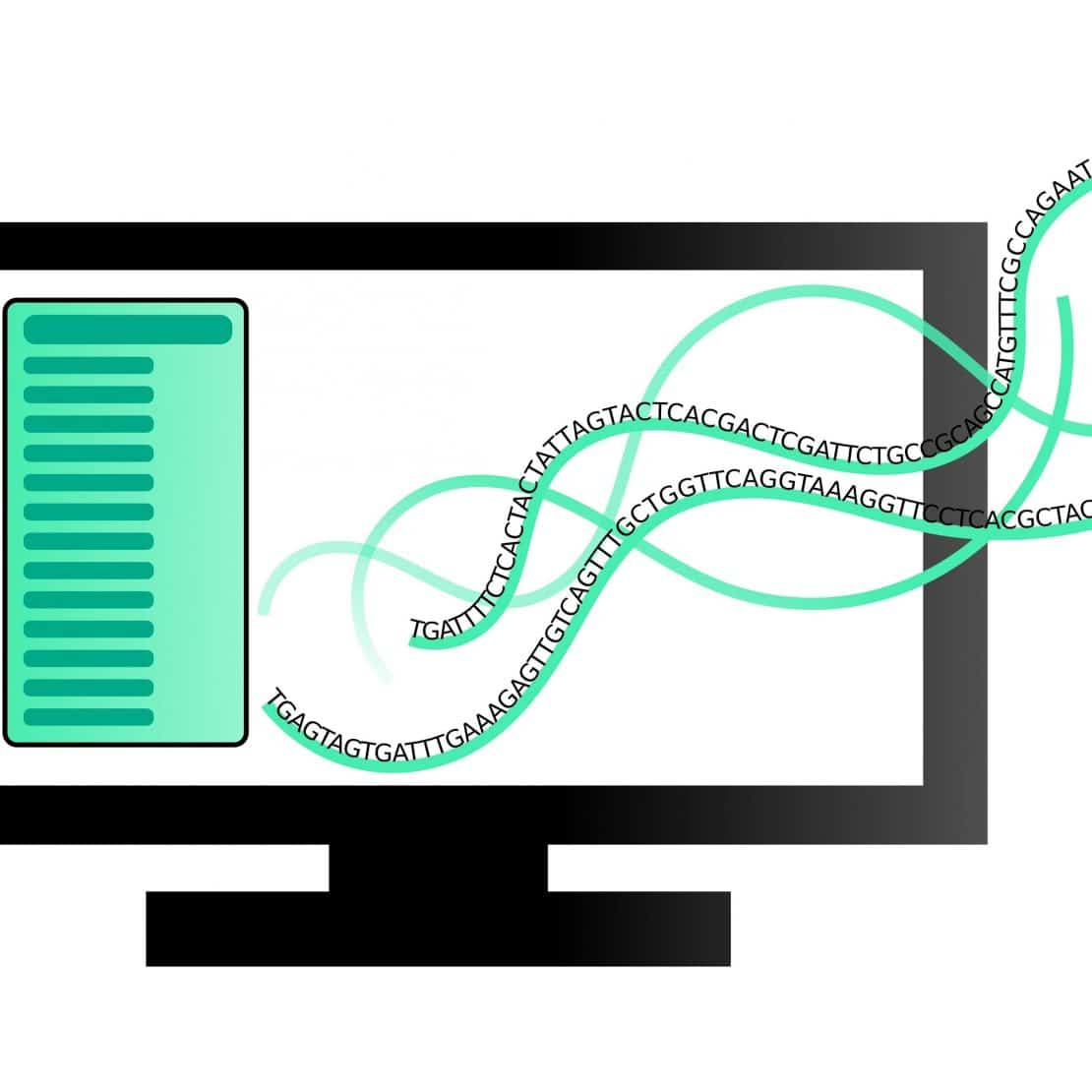
Details
Location: Tivoli Hotel and Congress Center – Copenhagen, Denmark
Dates: October 17 – 18, 2018
There will also be another meeting at the Tivoli Hotel and Congress Center in Copenhagen, Denmark, called FAAM 2018, a EAACI Focused Meeting. FAAM 2018 will take place from 18 -20 October 2018. Please consider attending both events! Find more information on the event here.
About
In the growing field of allergy research, scientists can approach protein characterization and allergy hazard assessment in diverse ways. The Health and Environmental Sciences Institute (HESI) Protein Allergens, Toxins, and Bioinformatics (PATB) committee supports original basic research that seeks to uncover the interplay between protein allergenicity and the physicochemical properties of allergenic proteins. The PATB also oversees the creation, maintenance and distribution of the Comprehensive Protein Allergen Resource (COMPARE) Database whose use in conjunction bioinformatic tools, offers an effective means for assessing allergenic potential of novel food proteins. PATB’s focus on basic allergy research, coupled with bioinformatic methods for allergenic hazard assessment is unique within the scientific community as it supports an ever-increasing awareness of allergenicity among consumers and regulators. Topics to be covered in this workshop will include historic aspects of food allergy assessment, the evolution of bioinformatics as it relates to allergy assessment, and recent changes in regulations regarding novel food proteins.
This educational workshop will cover advances in protein allergy research and inform the use of novel approaches for the identification of potential food allergens. This event will be of interest to government regulators, those involved in food allergy and celiac disease research, and scientists involved in food safety and risk assessment.

Objectives
Evaluate bioinformatics approaches to characterize the allergenicity potential of novel proteins and inform allergy safety assessment.
Discuss real-world examples of: 1) a product development case-study describing the utility of bioinformatics in protein characterization, and 2) a practical application of the EFSA 2017 Guidance.
Provide insights from new research, ranging from modifications of allergen epitopes at the single amino-acid level, to using protein structural modeling for allergenicity prediction, to the relation between enzymes and allergenic activity.
Introduction
Overview of contributions and research of the HESI PATB to Bioinformatics Analysis of the Potential Allergenicity of Novel Proteins
Greg Ladics, Dupont (Download Presentation)
Session I: Bioinformatics Approaches to Protein Characterization and Allergy Safety Assessment
A history of bioinformatics: development of in silico approaches to evaluate food proteins
Andre Silvanovich, Bayer Crop Science (Download Presentation)
Protein sequence analysis tools and resources to detect potential allergens
Rob Finn, European Bioinformatics Institute (EBI) (Download Presentation)
Case Study: Allergenic risk of insect proteins
Kitty Verhoeckx, TNO (Download Presentation)
The COMPARE Allergen Database: a public, comprehensive protein allergen resource for allergenicity safety assessment
Lars Poulsen, University of Copenhagen (Download Presentation)
Novel methods to identify allergenicity potential of proteins
Sebastian Maurer-Stroh, A*STAR Bioinformatics Institute (BII), Singapore (Download Presentation)
Session II: Other Considerations for Allergen Safety Assessment
The PATB “Allergen Rebuild Project”: can the conservative replacement of amino acids in an allergen epitope affect IgE binding and cross-reactivity?
Ronald van Ree, Academic Medical Center, University of Amsterdam
Development of a Random Forest model for predicting allergenicity of new and modified proteins
Tanja Krone, TNO
Cross-reactive carbohydrate determinants and allergenicity
Edzard Spillner, Aarhus University (Download Presentation)
Session III: Non-IgE Mediated Allergy
Overview of known non-IgE mediated diseases and progress in immunology of non-IgE diseases
Antonella Cianferoni, Children’s Hospital of Philadelphia (Download Presentation)
In silico tools to predict potential celiac disease toxicity
Frits Koning, Leiden University (Download Presentation)
Application of EFSA 2017 bioinformatic guidance for non-IgE mediated immune disease
Andre Silvanovich, Bayer Crop Science (Download Presentation)
Considerations for small peptide analyses in SGF
Scott McClain, Syngenta (Download Presentation)